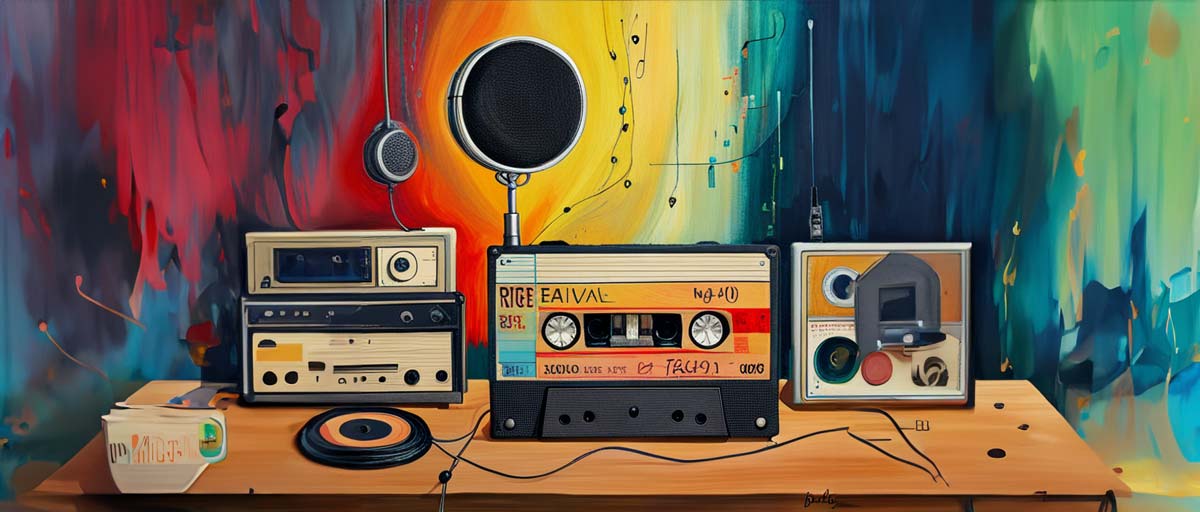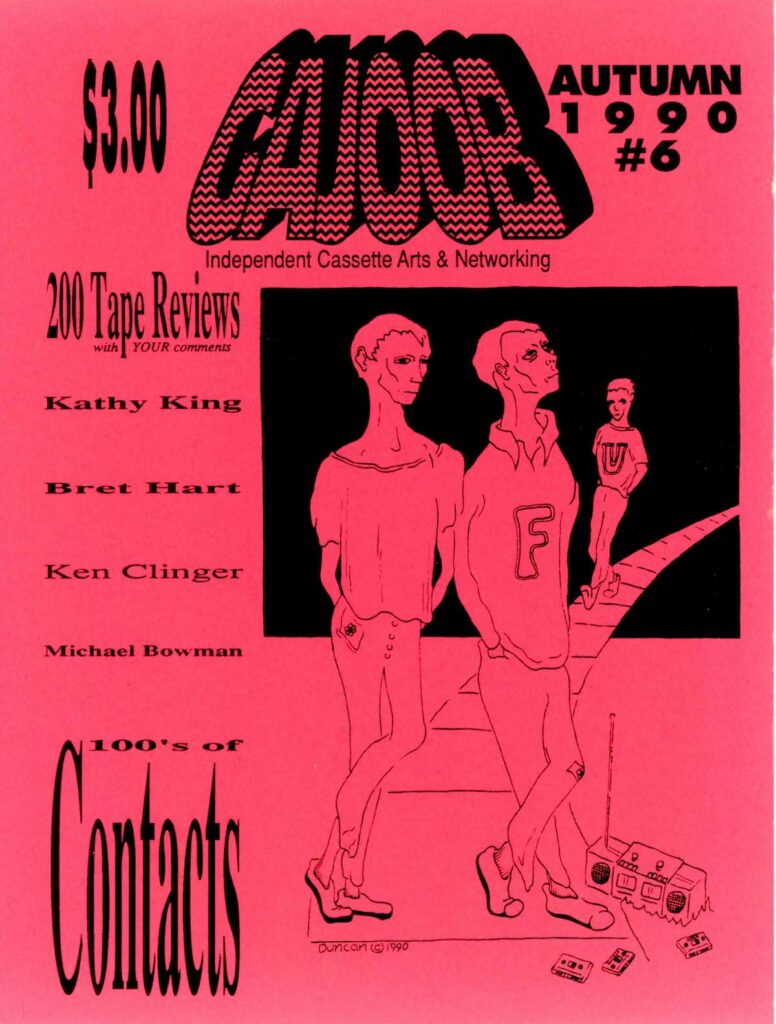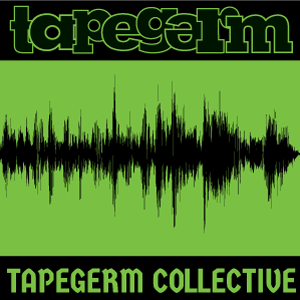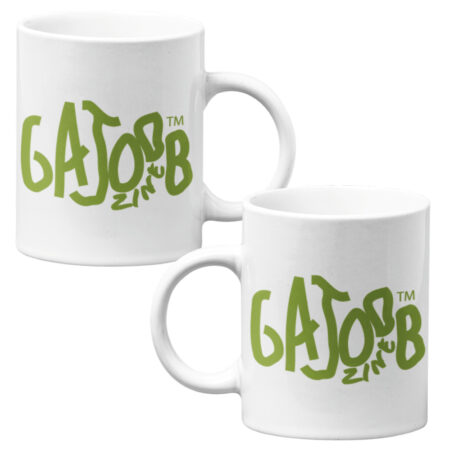Your cart is currently empty!

The Retro Revival: Recording with a 4-Track Cassette Recorder in 2024
In an era where digital technology reigns supreme, there’s a growing trend among musicians and producers that harks back to the roots of home recording: the 4-track cassette recorder. Despite the proliferation of computer Digital Audio Workstations (DAWs) and standalone environments like Maschine, Akai Force, Roland SP-404MKII, and OP-1, the humble 4-track cassette recorder has carved out its niche in the music world, even in 2024.
Machine Availability
Finding a 4-track cassette recorder in 2024 might not be as difficult as one might think. Brands like Tascam continue to support their legacy products, and second-hand units of models like the Tascam 424 MKIII Portastudio are readily available on online marketplaces. Additionally, vintage audio gear stores and flea markets can often yield valuable finds for those interested in this retro format.
Artistic Advantages
There are several reasons why artists are turning back to 4-track cassette recorders. First, these devices offer a unique sonic character that digital formats can’t replicate. The tape saturation, noise, and warmth of analog recording add a layer of depth and texture that many find appealing.
Second, the limitation of four tracks encourages creativity. With only four tracks to work with, artists must make careful decisions about what elements are essential to their song. This constraint can lead to innovative arrangements and production techniques, such as the ‘ping-pong’ method, where multiple tracks are bounced down to a single track to free up space for additional recording.
4-Track Cassette vs. DAWs and Standalone Environments
While 4-track cassette recorders offer certain benefits, they also come with challenges that modern DAWs and standalone environments have addressed. The latter offer virtually unlimited tracks, advanced editing capabilities, and a plethora of digital effects and instruments. Standalone environments like Maschine, Akai Force, Roland SP-404MKII, and OP-1 also provide an all-in-one solution for beat making, sequencing, and performance.
However, using a 4-track cassette recorder can be a refreshing break from staring at a computer screen. It’s a more tactile and hands-on approach to making music, offering a sense of direct interaction with the sound. Some artists find this physicality inspiring and conducive to their creative process.
In conclusion, while the 4-track cassette recorder may seem antiquated in the face of modern technology, it continues to hold its ground in 2024. Its unique sonic character, the creativity it encourages through limitation, and its tactile recording process have secured its place in the toolkit of many contemporary musicians.
See also:
by
Tags:
Comments

- Ads (3)
- Albums (138)
- Artificial Intelligence (1)
- Audio Art (13)
- Books (3)
- Briyan (1)
- Business (5)
- Cassette Culture Shock (3)
- Channels (2)
- Collaboration Projects (4)
- Comics (1)
- Creative (10)
- Discover Sounds (1)
- Editorial (2)
- GAJOOBTube (2)
- Gear (8)
- Instruments (4)
- Interviews (9)
- Labels (14)
- Letters (3)
- Library (14)
- Links (5)
- Merch (2)
- News (2)
- People (17)
- Performance (1)
- Podcast (1)
- Profiles (29)
- Projects (0)
- Tapegerm (6)
- Uncategorized (7)
- Video (3)
- Video & Vlogging (0)
- Vlogs (1)
- Websites (6)
- Zine Making (1)
- Zines (11)

*Purchasing via Amazon affiliate links helps support our efforts at no additional cost to you. Thank you!


Leave a Reply
You must be logged in to post a comment.